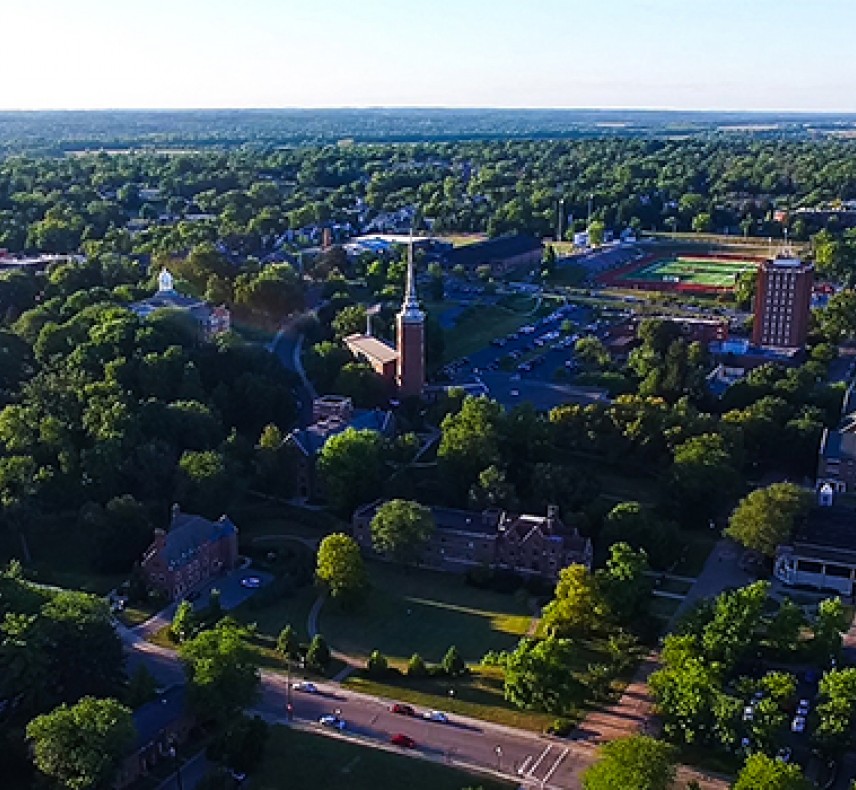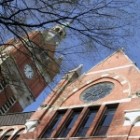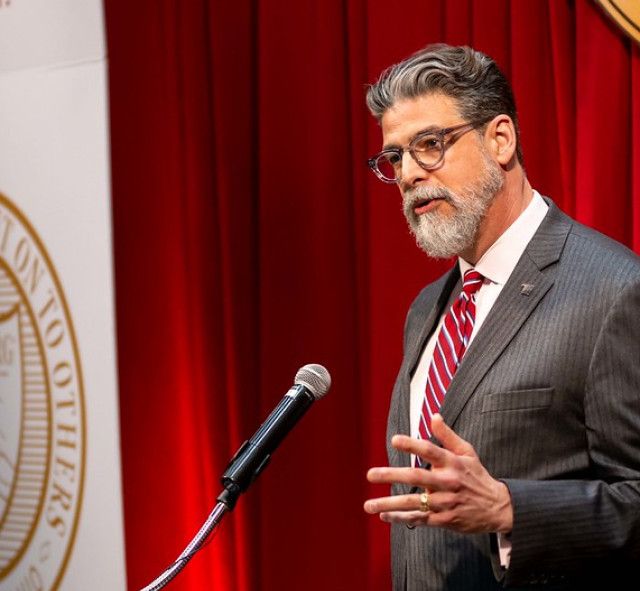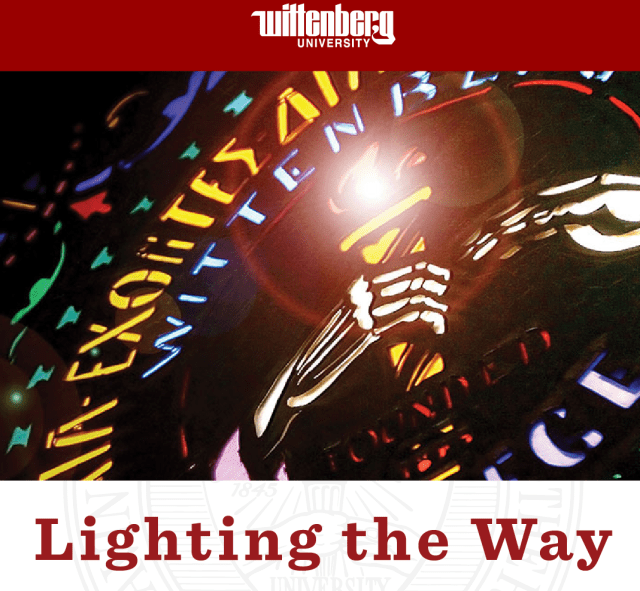The Southwestern Ohio Council for Higher Education (SOCHE) released its Economic Impact Study, revealing that Wittenberg University increased its area impact to approximately $104 million in fiscal year 2016. The impact also translates into approximately $7.6 million in total tax revenues.
The latest report details the economic impact of Wittenberg in the Champaign and Clark County areas and quantifies the fiscal benefits the university provides to local, state, and federal governments. Wittenberg’s economic impact was $98 million in the 2010-2011 fiscal year, when SOCHE’s last study was completed.
“The economic impact study by SOCHE is the latest confirmation of the important role Wittenberg University plays in the region and beyond,” said Wittenberg President Michael L. Frandsen. “Thanks to the passion and dedication of our talented students, faculty and staff, our impact has steadily grown since our founding in 1845, and we look forward to expanding our engagement, programming and offerings to benefit the community even more in the years ahead.”
The SOCHE study also shows how southwest Ohio’s regional economy has benefitted from area colleges and universities and assesses spending by SOCHE’s members in their respective operations and capital expansions, research funding, donations, and additional spending by outside visitors and students. The study included 22 colleges and universities, affecting a 20-county footprint and was conducted for SOCHE by the University of Cincinnati’s Economic Center. The full report can be found at www.soche.org.
According to the study, Wittenberg influences the local economy tangibly in many ways – through impact from operations, capital expenditures, student and visitor spending, the increase of training and knowledge base of the area, and through the expenditures of the university, its employees, and its students. The report notes that the university directly supported 1,084 jobs and indirectly supported another 262 full-and part-time positions in the two-county region. The majority of the economic output, earnings, and jobs supported by Wittenberg during fiscal year 2016 resulted from the operations expenditures of the school, which led to nearly $27.4 million in wages being paid in the area.
The total economic impact of SOCHE’s member institutions was $7.3 billion in fiscal year 2016 meaning that every dollar spent by SOCHE’s members brought approximately $.72 in additional economic activity, and for every two jobs in higher education there was one indirect job created. The SOCHE report also indicates that nearly 150,000 students are studying and living in the region, and that student tuition, research dollars, and alumni giving bring more than $3.8 billion in new revenue to the region. SOCHE member colleges and universities awarded 31,643 degrees and certificates in 2016, helping raise the educational attainment levels of the state and meet the demand for higher paying jobs.
“The collective economic impact of SOCHE’s members is not only measured in jobs, wages, and economic activity,” said Sean Creighton, president of SOCHE. “Higher education institutions also provide research, consultancy, and services that support local, regional, and national businesses. Area colleges and universities impact the social and cultural environments of their respective communities. Equally important, SOCHE’s member institutions are building the single greatest resource for our economy: human capital—talented, trained, engaged individuals.”
Additionally, the study showed how Wittenberg University is embedded in the local community and economy of the two-county area it serves. Outside money coming to the region because of the university increased economic activity in the area by approximately $39.4 million.
The Economics Center calculated Wittenberg’s impact by using its data submissions regarding student enrollment by origin location, operations expenditures, and employment figures, among others.







